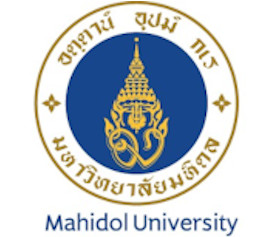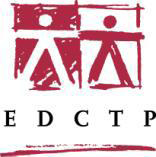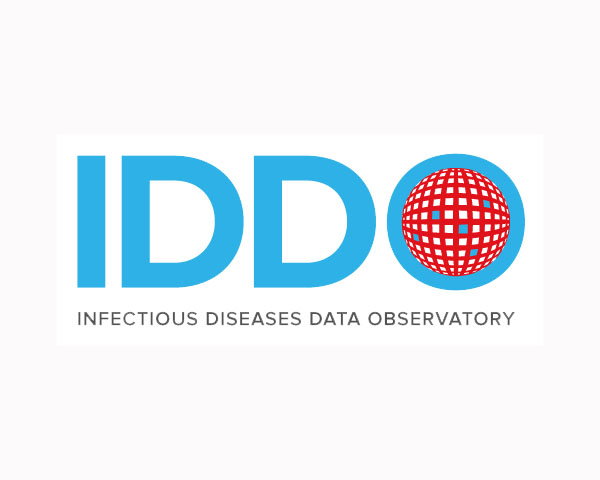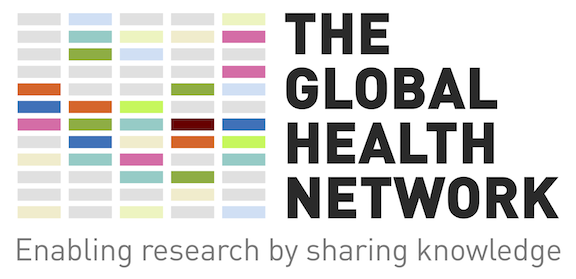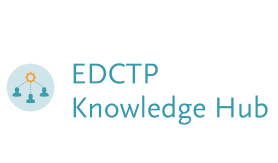About this course
This course is an update and relaunch of the previous Data Sharing course.
Expectation from health research funders, regulatory agencies, and journals for sharing of de-identified individual-level health research data has been increasing. Arguments in favour of data sharing include maximising the utility of the data, improving research transparency and allowing confirmation of the interpretation of results, with the overall goal of improving science and health. However, the volume of data shared remains low. This has been partially attributed to lack of data management capacity and lack of knowledge of how and where to share data. This course aims to fill this gap by giving you basic and practical guidance in data management and sharing.
As part of recent updates, each module has been updated with the latest references and practical guidance in data management and sharing. The modules are written by an author/authors expert in the subject matter and have been peer-reviewed.
Target audience
This course is aimed at early career researchers, postgraduate students and clinical research support staff who are collecting, managing and using health data. It is not designed to train data managers or statisticians, however some modules might be useful to them.
Structure and duration
Each module takes approximately 45 minutes to 1 hour to complete.
The course consists of several inter-related modules covering the basics of data management and data sharing. You do not need to take all of the courses, or take them in order. Each module addresses a specific aspect of data sharing, and can be taken on its own, and where applicable within the module you will be directed to other related module content.
Certification
The quiz for each module has been created to test your knowledge of the course material and to gain certification to demonstrate that you have successfully completed the module. We recommend that each quiz is taken directly after completing its associated module. Because this course is still under development, the modules will be released as they become available. An electronic certificate of completion will be awarded for each individual module once a minimum of 80% is achieved in the module quiz.
Note: It is not compulsory to take the quizzes; this is only if certification is desired, and course modules can be accessed independently.
Course contents
|
Introductory Module |
||
|
Module 1 |
||
|
Module 2 |
||
|
Module 3 |
||
|
Module 4 |
||
|
Module 5 |
||
|
Module 6 |
We would like to invite collaborators with a specialism in data sharing to assist in authoring modules with the following subject titles:
- Data reuse principles
- Advance concepts in data management
- Preparing datasets for sharing
- Special considerations when sharing qualitative data
If you are interested, please contact us at training@theglobalhealthnetwork.org with the subject title “Data Sharing” and we will put you in touch with the course developers.
About the course developers
- Naomi Waithira, Mahidol Oxford Tropical Medicine Research Unit
- Brian Mutinda, Mahidol Oxford Tropical Medicine Research Unit
- Phaik Yeong Cheah, Mahidol Oxford Tropical Medicine Research Unit
This course has been developed in collaboration with the Global Health Network, the Infectious Diseases Data Observatory, the Ethox Centre, Oxford University Clinical Research Unit (Vietnam), the Committee on Data of the International Science Council and the COVID-19 Coalition Data Sharing Working Group.
Phaik Yeong is a bioethicist and the coordinator of the Mahidol Oxford Tropical Medicine Research Unit Data Access Committee (MORU DAC). She led the development of the MORU data sharing policy and the setup of the MORU Data Management department. Naomi and Brian are experienced data managers and have conducted training on data management. Naomi is also a member of the MORU DAC. Phaik Yeong Cheah, Naomi Waithira and Brian Mutinda are members of the COVID-19 Coalition Data Sharing Working Group.
The content within the new Introductory Module is adapted from a product originally developed as part of the Chatham House Global Health Programme project Strengthening Data Sharing for Public Health supported by the Bill & Melinda Gates Foundation. The principles it identified are applicable in any data sharing scenario, and this content has been included as an essential introduction to the reasons for sharing data, alongside the key points to consider in preparing the ground for such activities.
All modules were reviewed and updated by the EDCTP Networks of Excellence Data Sharing Working Group. The project team are grateful for the contributions of the following Working Group members:
Léa Nadège Bonkian, Ibrahim Duah Kwaku, Noé Patric M'Bondoukwe, Narshion Ngao, Leonard Numfor, Robert Nyingchu, Aboubakar Soma, Dennis Ernest Ssesanga, Anye Tangoh, Aashna Uppal, Christevy Vouvoungui
Funders
The original course content was developed with support from the Wellcome Trust Research Enrichment, Open Research (106698/Z/14/J) grant and the World Health Organization and TDR (the Special Programme Research and Training in Tropical Diseases) under grant P20-00060.
Review and updates to the course content were supported by the EDCTP2 programme supported by the European Union (grant numbers CSA2020NoE-3102-EACCR3 and CSA2020NoE-3100-CANTAM3).
https://doi.org/10.48060/tghn.140
|
Your feedback helps us provide high quality, relevant training courses. |



